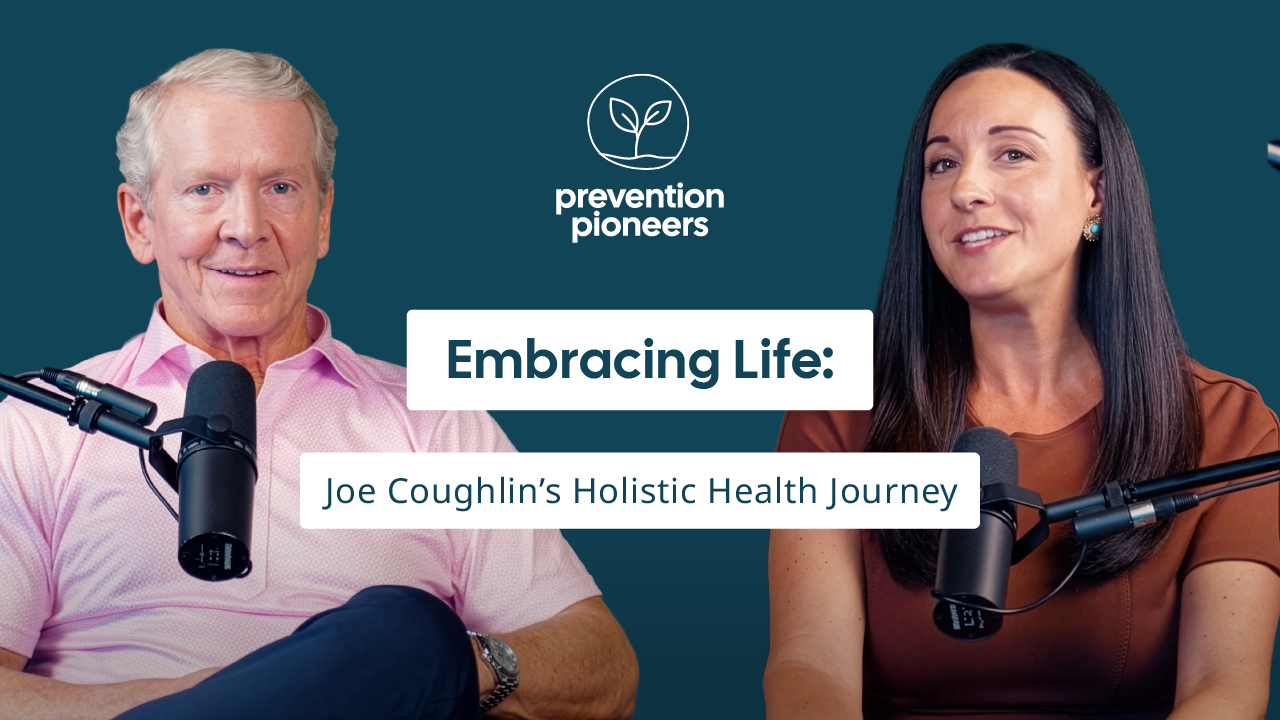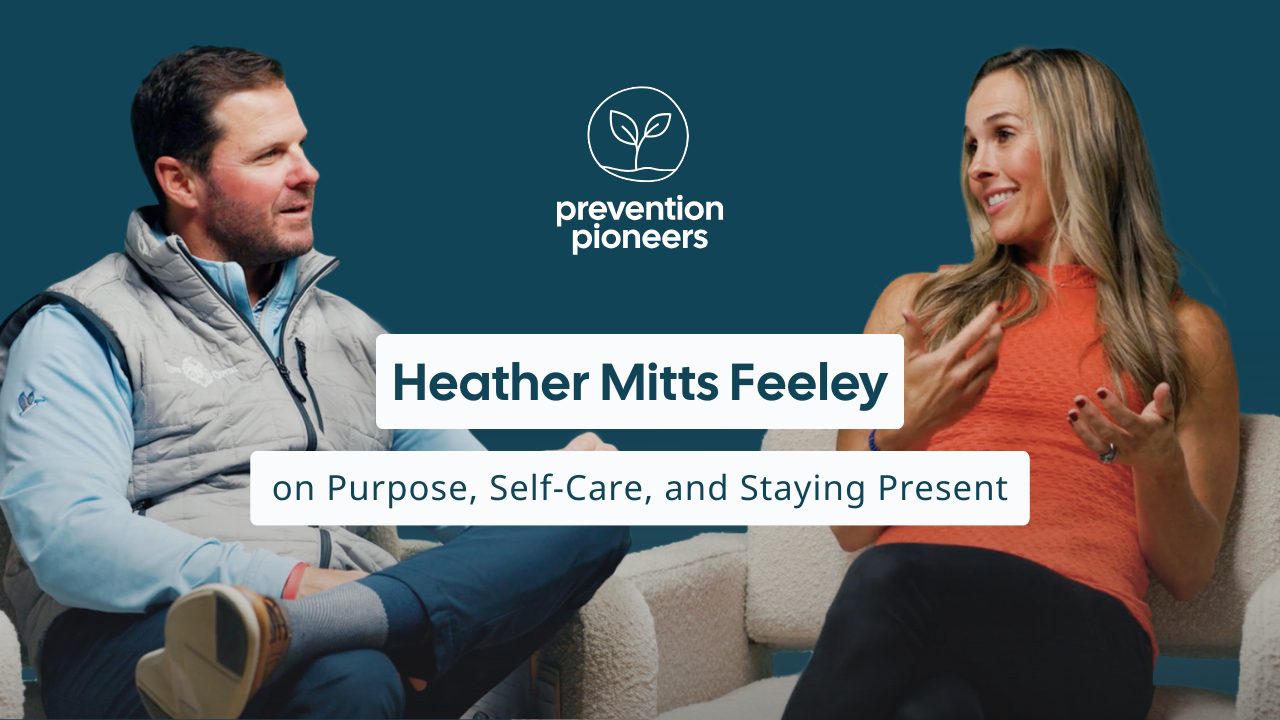How Psychological Safety Drives Real Productivity in the Workplace (& in Life)

Mental and emotional well-being isn’t just a personal issue, it’s deeply professional too.
Whether it’s postpartum anxiety, ADHD, or the sheer overload of modern life, showing up to work every day as your whole self isn’t easy. And yet, it’s essential.
In this episode of Prevention Pioneers, Laura sits down with Beth Finkle, a wellbeing leader at Wawa, professor, TEDx speaker, and mother of four, to talk about what it really takes to integrate identity, feelings, and leadership in the workplace.
Beth shares her journey of rethinking “success,” navigating neurodiversity, and why emotional transparency can actually improve organizational performance.
From her experiences with perimenopause and overstimulation to the generational divide around mental health, she brings honest, actionable insights to the table.
Together, they also discuss the power of restorative practices, percentage-based team check-ins, and why even something as small as crying at work deserves a fresh look.
If you’ve ever felt like you’re holding it together with duct tape—or leading a team that is—this episode is for you.
We Need to Start Leading With Feelings
When discussing wellness in the workplace, we usually start with benefits—health insurance, gym stipends, maybe an Employee Assistance Program. But what if the most powerful wellness tool isn’t a program or a perk… but the permission to be human?
That’s exactly what Beth Finkle brings to light in this episode of Prevention Pioneers.
Beth is no stranger to juggling a million things at once, but somewhere along the way, she realized that success on paper wasn’t enough. It was time to stop compartmentalizing her life—and start integrating it.
Why Mental Health Starts With Identity
Beth shares how her journey through postpartum anxiety, perimenopause, and navigating ADHD helped her shift from wearing her roles like armor to embracing her full self. For her, this isn’t just about coping, it’s about rethinking leadership from the inside out.
She now sees her neurodiversity as a strength, not something to hide. And she encourages others to view their mental health experiences not as flaws, but as data. Clues and messages from their bodies and minds about what needs attention.
Redefining “Professional” With Emotional Honesty
One of the most powerful tools Beth uses with her teams is so simple, it’s genius: the percentage check-in. Everyone shares where they’re at—20%, 70%, whatever it is—without judgment. No explanations needed. Just honesty.
It’s a tiny shift that creates massive psychological safety. And when people feel safe, they work better.
Beth also tackles tough-but-true topics we don’t talk enough about—like crying at work, or how perimenopause symptoms can tank your energy and confidence. Her point? We need to normalize the entire human experience in our workspaces.
The Generational Shift That’s Forcing Us Forward
Beth is also seeing big differences in how different generations handle emotional health. Gen Z is leading with vulnerability and demanding emotionally intelligent workplaces. Meanwhile, older generations like Boomers and Gen X may feel left behind—or even resentful—because they never had the same support.
Instead of resisting the change, Beth says we need to lean into it. Build tools, offer coaching, teach better communication, and most importantly, allow space for everyone to show up as they are.
Leadership That Feels Like Listening
This episode’s advice to leaders is simple but profound: model the behavior you want to see. Get honest about your own limits, name what’s hard, and offer validation instead of judgment when employees are struggling.
When leaders lead with empathy, they create a ripple effect and build a workplace where employees feel safe enough to be real, and strong enough to keep growing.
Final Thoughts
Beth’s message is clear: when you start treating emotions as valuable information—not inconvenient noise—you create workplaces where people actually want to be.
Listen to the full episode now to hear more about how to build emotionally intelligent, truly human-centered workplaces.
Prevention Pioneers is a podcast for leaders who are committed to using cutting-edge preventative wellness strategies to shift the narrative of mental health, maximize engagement, and minimize absenteeism
Don’t forget to follow/subscribe so you never miss an episode!


